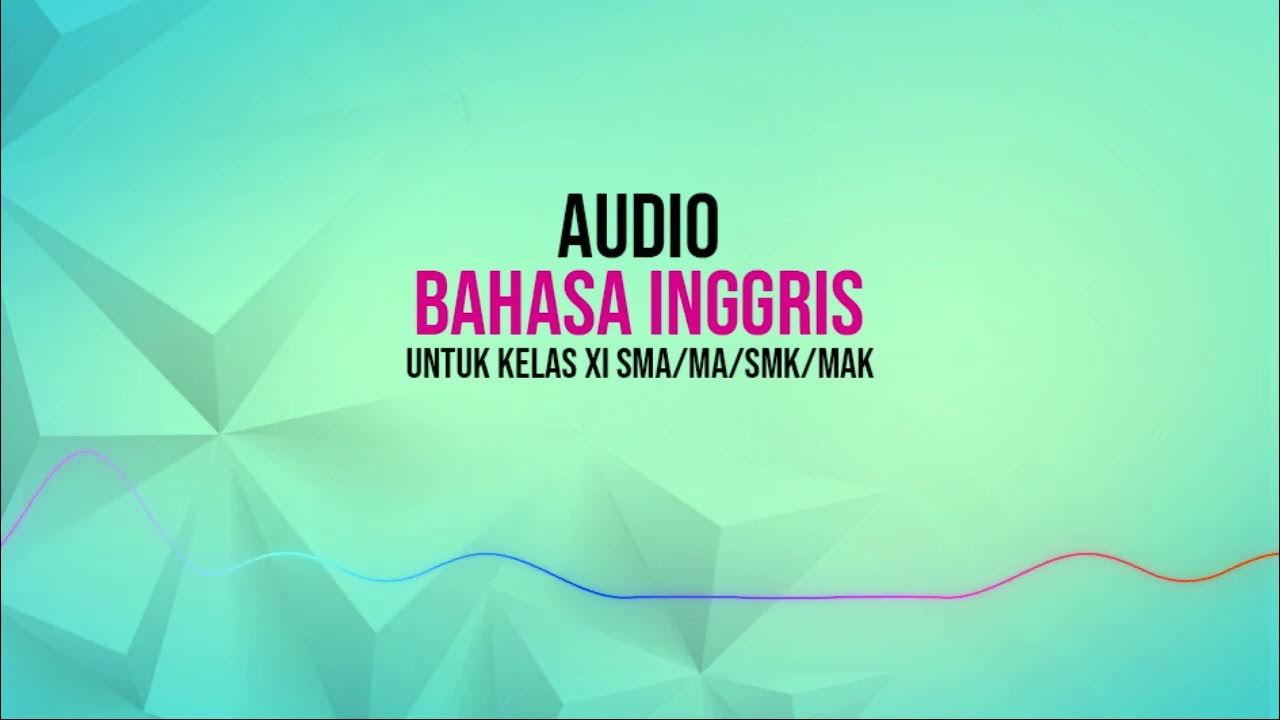Vous avez dit Fake news ?
Summary
TLDRThe script discusses the rise and misuse of the term 'fake news,' initially coined for satirical websites but later hijacked to describe false information and propaganda. It highlights how figures like Donald Trump and French politicians have weaponized the term to discredit media. The script also touches on the historical context of political manipulation and the technological changes that have amplified the spread of misinformation. It concludes with initiatives like the collaboration between French media and Facebook to combat fake news, emphasizing the importance of critical thinking and source verification.
Takeaways
- 📰 'Fake news' is a term popularized by Donald Trump, used to describe false information, rumors, conspiracies, or outright lies.
- 🌐 Initially, 'Fake News' referred to satirical websites like Le Gorafi or The Onion, which are meant to be humorous rather than factual.
- 💸 Fake News has evolved to include false information disseminated by websites designed to mimic legitimate news outlets for commercial clickbait or political propaganda.
- 🌎 The term has been weaponized by figures like Trump and Florian Philippot to discredit any information that contradicts their worldview.
- 📢 Fake News is not a new phenomenon, but the technological context, especially the internet and social media, has amplified its impact.
- 🔄 The proliferation of information sources and the democratization of publishing through the web have led to a loss of monopoly by traditional journalists over information production.
- 📈 Social media platforms, through mechanisms like retweets and shares, accelerate the spread of information, acting as echo chambers that can distort truth.
- 🤝 In response to the 'Fake News' issue, French media outlets like Le Monde, AFP, and BFM TV have partnered with Facebook to combat the spread of misinformation.
- 🕵️♂️ Fact-checking teams from these media organizations have been verifying the validity of links reported by Facebook users since February 2017.
- 👀 To avoid falling for fake news, it's crucial to verify the reliability of information sources, read articles in full, and maintain a critical mindset.
Q & A
What does the term 'fake news' originally refer to?
-The term 'fake news' originally refers to parody websites like Le Gorafi or The Onion in the United States.
What is the dual purpose behind creating fake news by commercial sites?
-The dual purpose is to generate clicks for commercial gain and to propagate and manipulate information for activist sites, such as Breitbart News in the United States.
How has the term 'fake news' evolved in recent times?
-The term 'fake news' has evolved to be used by figures like Donald Trump and Florian Philippot to discredit any information that does not align with their worldview.
What is the role of social media in the spread of fake news?
-Social media accelerates the circulation of information and amplifies its propagation, acting as a resonating chamber, which can lead to an avalanche of false information.
What historical figure is mentioned in the script as having faced political manipulation?
-Périclès, the leader of ancient Athens, is mentioned as a historical figure who had to face political manipulation.
How have the technological changes of the last 20 years affected the spread of information?
-The technological changes have led to a multiplication of sources and producers of information, with the web, blogs, and social networks allowing anyone to be their own media.
What is the impact of social media on the monopoly of journalists as information producers?
-Social media has led to journalists losing their monopoly as information producers, as anyone can now disseminate information.
Which French media outlets have partnered with Facebook to combat fake news?
-French media outlets such as Le Monde, AFP, BFM TV, and Libération have partnered with Facebook to reduce the prevalence of fake news.
What measures are being taken by these French media outlets in collaboration with Facebook?
-These media outlets have teams of fact-checkers verifying the validity of links reported by Facebook users since February 2017, and if a link is fake news, it is flagged with a warning on the social network.
What basic reflexes are suggested for citizens to avoid falling into the trap of fake news?
-Citizens should verify the reliability of the information source, read the entire article instead of just the title, and determine if they are dealing with a recognized media outlet or a militant organ.
What is the importance of maintaining a critical spirit and open eyes when dealing with information?
-Maintaining a critical spirit and open eyes is crucial to discern the authenticity of information and avoid being misled by fake news.
Outlines

Esta sección está disponible solo para usuarios con suscripción. Por favor, mejora tu plan para acceder a esta parte.
Mejorar ahoraMindmap

Esta sección está disponible solo para usuarios con suscripción. Por favor, mejora tu plan para acceder a esta parte.
Mejorar ahoraKeywords

Esta sección está disponible solo para usuarios con suscripción. Por favor, mejora tu plan para acceder a esta parte.
Mejorar ahoraHighlights

Esta sección está disponible solo para usuarios con suscripción. Por favor, mejora tu plan para acceder a esta parte.
Mejorar ahoraTranscripts

Esta sección está disponible solo para usuarios con suscripción. Por favor, mejora tu plan para acceder a esta parte.
Mejorar ahoraVer Más Videos Relacionados

What is Fake News?

AUDIO BAHASA INGGRIS UNTUK KELAS XI SMA/MA/SMK/MAK

What is 'fake news', and what isn’t? - BBC Young Reporter

Fake News: Fact & Fiction - Episode 4: Covid-19: Fake news and conspiracy theories

¿Qué son las fake news? - Consejos para reconocerlas - Fake news para niños

How Disinformation Spreads (With ATOM ARAULLO)
5.0 / 5 (0 votes)
